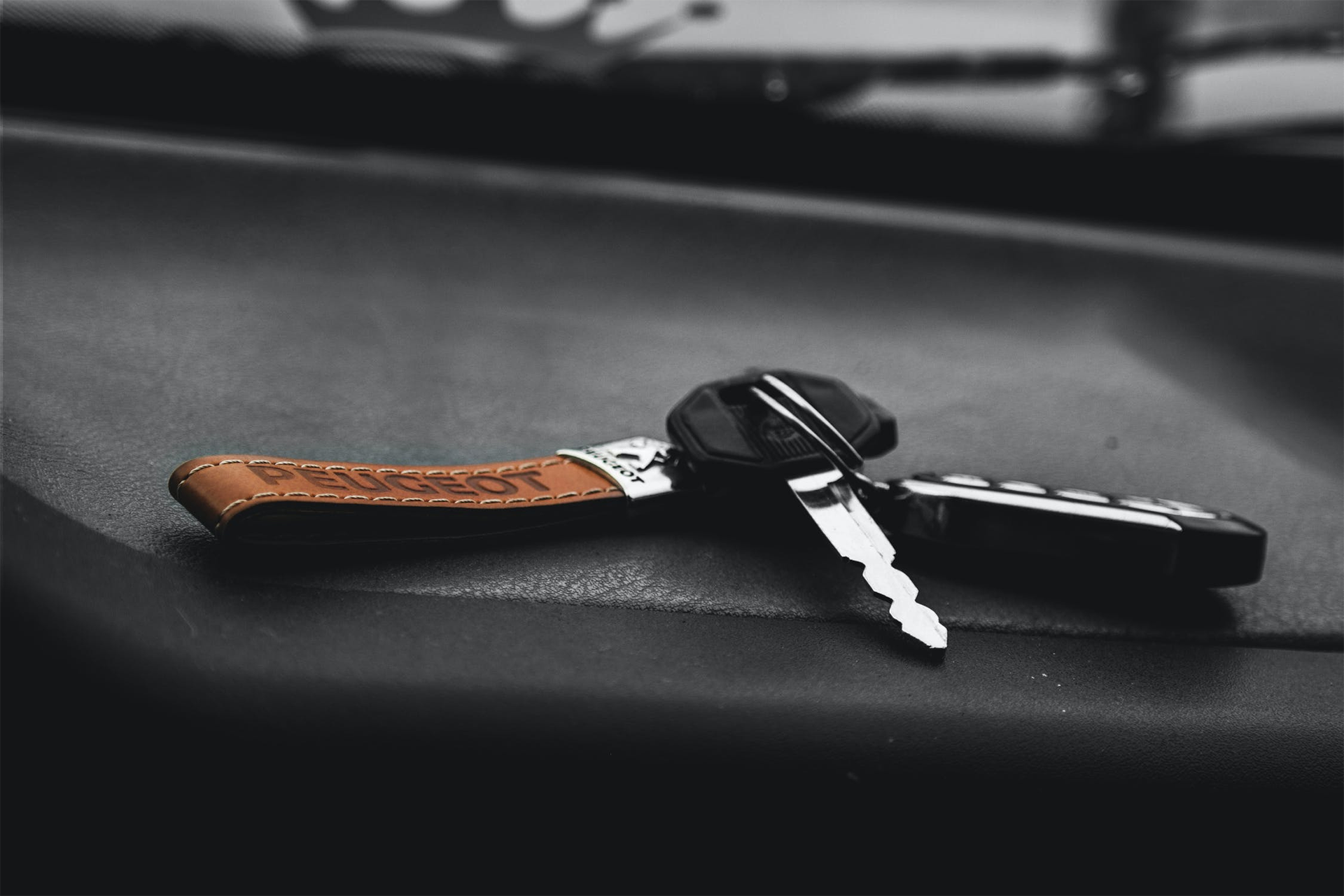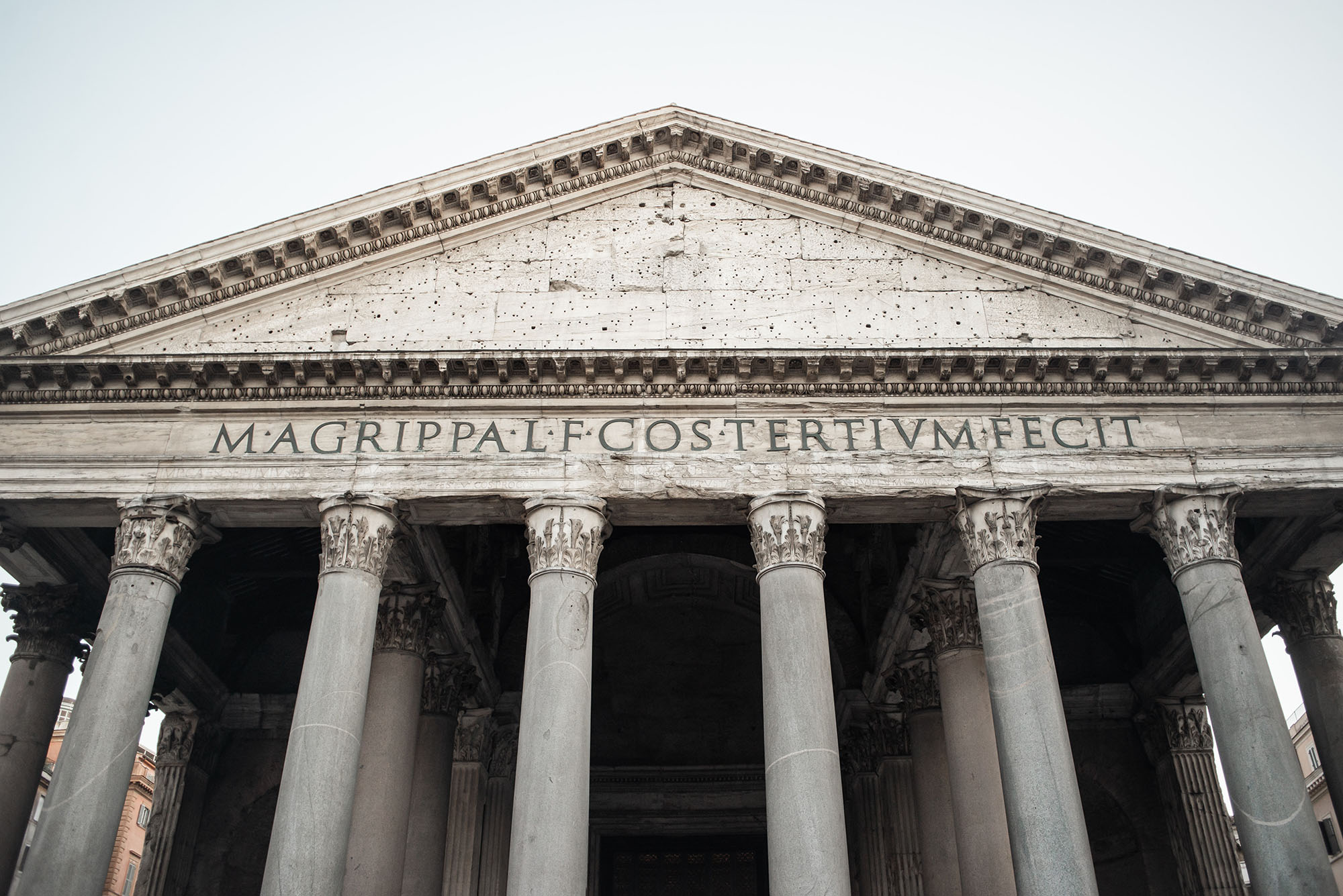The cheque is a national payment system which follows the laws of the jurisdiction in which it is used. Therefore, its legislative framework varies from one country to another. On the margins in industrialized countriesHowever, it is still used in the United States, Canada, the United Kingdom and particularly in France. It is a written document allowing the shooter (issuer) to pay the drawn (receiver) without delay.
The origins of the cheque
At 18th In the 19th century, the Bank of England had a monopoly on bank notes. English bankers could no longer issue banknotes. So they invented a new payment method : the check.
Cheques arrived in France in the 19th century, they were only used in issued by the Banque de France under the name of " blank mandates ". They became more democratic in the 20th century, becoming mandatory for certain operations. In order to fight against the black market during the World War IIthe issuance of chequebooks becomes free. As time goes by, the cheque becomes more and more regulated. For example, the Banque de France has set up a census of unpaid cheques. Later, sanctions will be introduced against issuers of bad cheques.
The check and France today
The France is one of the countries with the most use of chequesIn 2004, they accounted for 29% of (interbank payment) transactions, compared with 11% in Europe. However, the previous decades have demonstrated a overall decrease of its use: between 2006 and 2010 the number of payments by cheque fell by 25%. This decline can be explained by the increasing use of bank cards, transfers and digital payment methods which are in full evolution.
The end of the cheque is already planned
Users have turned to other payment methods for many reasons. Among them, a complex operation, a unsecured payment guarantee, an important ecological impact, etc.
A significant environmental cost
According to a study by Ernst & Young, in 2009 in France 3.3 billion cheques have been issued with an ecological footprint, representing 20,000 round trips Paris-New York. In comparison, the ecological footprint of bank cards represents 7,200 round trip Paris-New York.
The cheque abandoned by its users and suppliers
The traders victims of unpaid, stolen checks or unfunded are increasingly refusing to accept this form of payment. The consumers also abandon them by impracticalityThey use it as a back-up (e.g. in case of loss of a bank card). The banks are increasingly reluctant to use them, as they are provided free of charge and their treatment is very expensive. The governmental decisions also revealed a willingness to reduce payments by cheque. This was illustrated by the project to modernise economic life: the Sapin II law. This law provided for lower the validity period cheques to 6 months. However, the National Assembly has restored its duration to the initial 1 year and 8 days, with the argument that cheques are still widely used by the elderly. It should be added that the payment industry is particularly dynamic and is a sector of future growth. An opportunity for entrepreneurs who are increasingly establishing themselves in this field.
Deposits and guarantees by internet: Swikly replaces cheques
You got it, the cheque will disappear. Our habits will therefore be shaken up, especially for deposit checks! But don't worry, simple alternatives already exist!
Swikly responds to this evolution by offering adown payments and deposits by internet. This solution allows you to secure your reservations simply and quickly You no longer have to deal with cheques, cash or requests for credit card numbers. All you have to do is enter your customer's email and phone number. He will receive a request e-guarantee or e-account by email and SMS and will be able to enter his bank print very simply. He will not be debited, except in case of damage. With Swiklyyou benefit from a enhanced payment guarantee !




